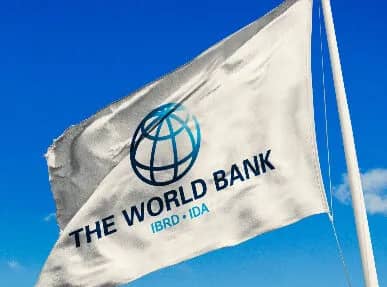More than half of the 23 banks operating in Ghana would not require recapitalisation.
According to the World Bank, within one year, most banks met more than two-thirds of the required recapitalization expected to be completed in three years.
The Bank of Ghana expects that early completion of recapitalisation efforts will lead to more resilience in the banking sector and position it to provide stronger support for real sector recovery.
It added that banks affected by the Domestic Debt Exchange Programme (DDEP) in 2023 continue to implement their approved capital restoration plans in line with BoG’s requirements.
The Bretton Wood institution’s 8th Ghana Economic Update also revealed that the banking sector is stronger and better capitalised than during the DDEP, with higher profitability. However, there are some emerging risks.
Easy Play, Easy Win. Play The Instant Games Online At MSport, Win Big Prizes Now.
Easy Play, Easy Win. Play The Instant Games Online At MSport, Win Big Prizes Now.
Fastest Fingers To Cash Out BIG in Few Seconds
MSport-Best Odds
Accordingly, banks’ profitability has improved, with the return-on-equity after tax reaching 34.2% in December 2023, up from -34.4% in December 2022, while the return-on-assets rose to 5.4% from -3.8% during the same period.
The Capital Adequacy Ratio was also relatively high at 13.9% in December 2023, surpassing the revised prudential minimum of 10.0% because losses from the domestic debt restructuring were not fully accounted for due to regulatory relief.
The non-performing loan ratio (NPL) within the industry increased to 20.7% in December 2023, compared to 16.0% in December 2022, and further to 25.7% in April 2024, a development attributable to heightened credit risk stemming from the lagged impact of the 2022 macroeconomic crisis.





